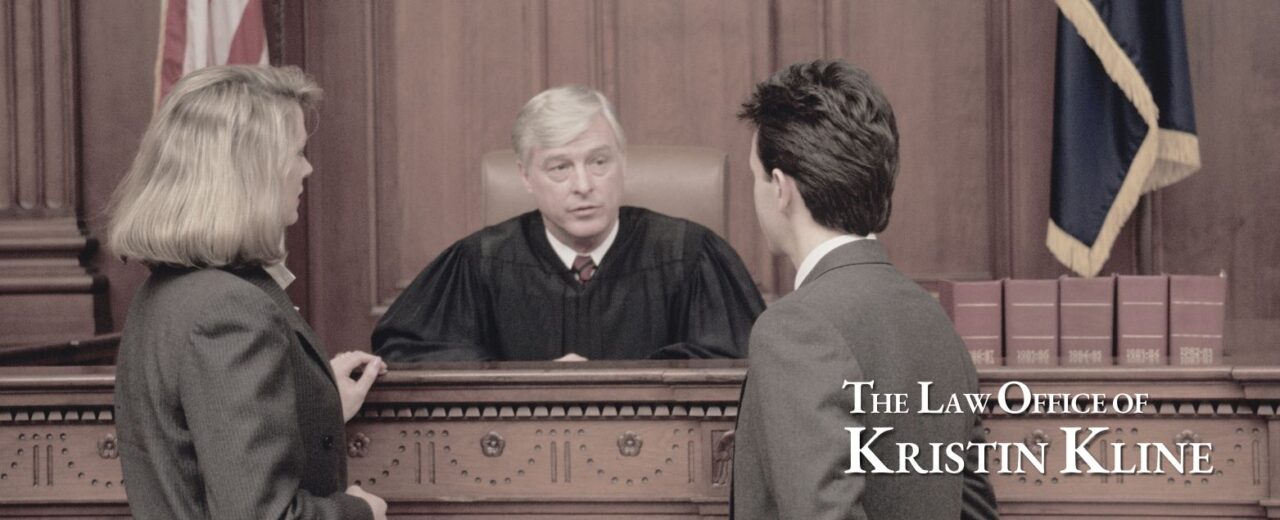Understanding Will Contests in Texas

Contesting a will in Texas involves challenging the validity or terms of a will after someone has passed away. Understanding the grounds for contesting a will is crucial, whether you’re creating your own will or handling the estate of a loved one. This article provides an overview of the primary factors that may cause a will to be contested in Texas and explains how to handle these disputes effectively.
Grounds for Contesting a Will in Texas
Texas law recognizes several legitimate reasons for challenging a will. Here are the most common grounds:
1. Lack of Testamentary Capacity
The person creating the will (testator) must have the mental capacity to understand the implications of their actions at the time the will was made. Contesting parties may argue that the testator lacked this capacity due to conditions like dementia, Alzheimer’s, or mental illness.
2. Undue Influence
Undue influence occurs when someone exerts improper pressure or manipulation over the testator, leading to a will that reflects the influencer’s desires rather than those of the testator.
3. Fraud
A will can be contested if fraudulent actions were involved, such as tricking the testator into signing the will under false pretenses or misrepresenting the contents of the document.
4. Improper Execution
Texas law mandates specific legal formalities for executing a valid will. These include being in writing, signed by the testator, and witnessed by two competent witnesses. Any deviation from these requirements can render the will invalid.
5. Revocation or Existence of a Later Will
If a newer, valid will exists, it may supersede the previous will. Additionally, proof of intentional revocation by the testator can lead to the contestation of an earlier will.
Who Can Contest a Will in Texas?
Not everyone can contest a will. Only individuals with a legal standing, typically those who would inherit under the previous will or intestacy laws, can initiate a challenge. This generally includes:
Beneficiaries named in a previous will
Heirs-at-law (such as children, spouses, or parents)
The Process of Contesting a Will
Filing the Contest
The contesting party must file a legal action within a specific timeframe—usually within two years after the will is admitted to probate. This requires filing a formal complaint in the probate court overseeing the estate.
Discovery Phase
During discovery, each party gathers evidence and information. This can involve interrogatories, depositions, and document requests to establish the basis for the will contest.
Mediation and Settlement
Texas courts often encourage mediation or alternative dispute resolution (ADR) methods to resolve will contests. Many disputes are settled during this stage without the need for trial.
Trial and Judgment
If mediation fails, the will contest proceeds to trial, where each party presents evidence and testimony. The court ultimately decides whether the will is valid or invalid based on presented facts and legal standards.
How to Prevent Will Contests in Texas
Proactively addressing potential grounds for contestation can significantly reduce the risk of future disputes:
Clearly document testamentary capacity by having the will drafted professionally and witnessed appropriately.
Avoid situations where beneficiaries might appear to exert undue influence.
Regularly update your will after significant life events or changes in circumstances to ensure accuracy and compliance with current laws.
How Kristin Kline Can Help
Contesting a will in Texas can be complicated and emotionally charged. Kristin Kline, an experienced family law and estate planning attorney, offers compassionate guidance and skilled legal representation. She assists clients by:
Evaluating the validity of claims for contesting a will
Navigating the complexities of Texas probate and estate laws
Advocating effectively in mediation or litigation
Kristin works closely with each client, offering personalized support to protect their interests and uphold their loved ones’ true intentions.
Frequently Asked Questions about Contesting a Will in Texas
Is contesting a will expensive?
Contesting a will can involve significant costs, including legal fees and court expenses. Discussing potential costs upfront with your attorney is crucial.
Can an executor be removed if a will is contested?
Yes, if evidence suggests misconduct, conflict of interest, or incompetence, the court can remove an executor during a contestation.
What if the original will is lost?
Texas courts may accept a copy of a will under certain circumstances. However, additional proof will be required, and legal advice is essential.
Take Control with Texas Estate Planning to Protect Your Family
Contact Kristin Kline to schedule your personalized consultation, or fill out our online contact form.
